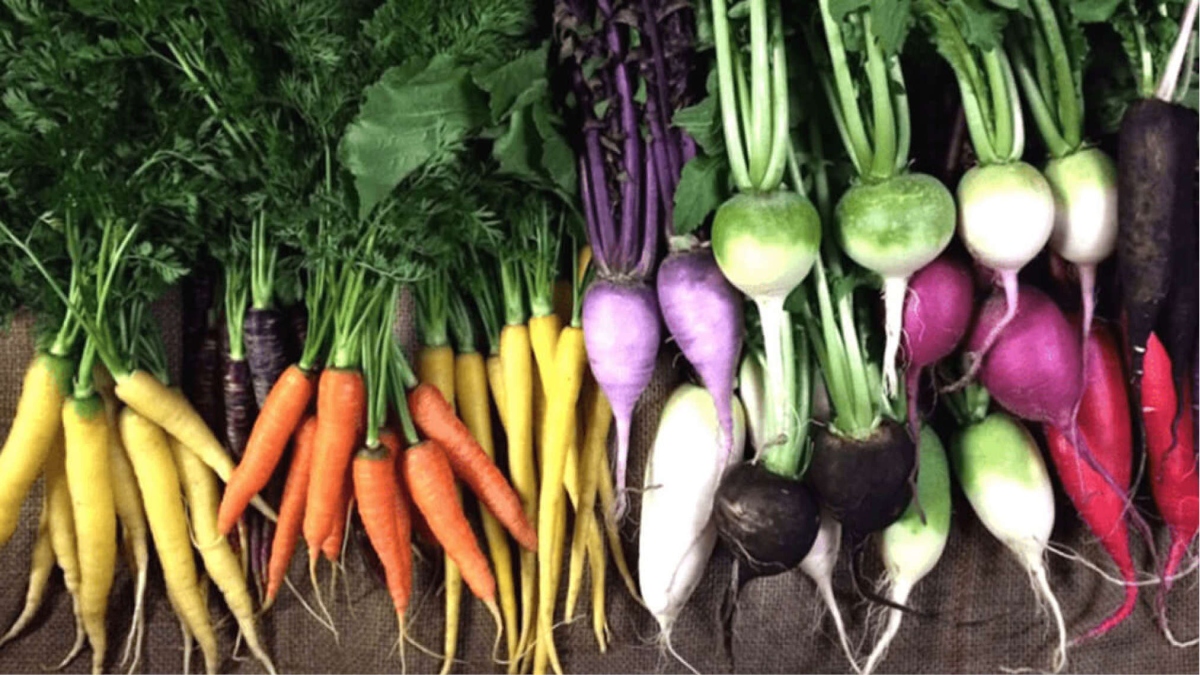When you think of feelings that you wish to experience in winters, what comes first to your mind? Warmth, nourishment, flexibility and flow (circulation) is what you seek in winters as the body tends to become cold, dry and condensed with coldness in the atmosphere, that in a way immobilizes you making you get colder, lazy and stagnant within. Mind also tends to become lazy and the pace of life gets slowed down. It is the time for the body and mind to rest, reflect internally and get cozy.
Now lets look at nature. During winters days become shorter and rest-phase increases, air gets drier and heavier with cold waves creating an energy of hibernation for many life forms. The balance in winters is created when the Sun shines through, bringing some warmth, nourishment and a sense of coziness during cold winter days.
Do you get some cues here? Nature is playing within us exactly the same way as it is playing in the atmosphere. Thus, like the sunny hues bring warmth, nourishment and cozy feeling to the days in the summer months, similarly we ought to create our internal balance with a lifestyle and diet that brings warmth, nourishment and cozy feeling during cold winter days.
This is what Ayurveda Ritucharya guides us on! How to incorporate a diet that imparts you warmth, nourishment and cozy feeling during cold summer months. This also creates internal balance with external environment which is much needed to keep immunity strong.
Suggestions for Winter Diet & Lifestyle for Warmth and Free Inner Flow
1. Eat warm, lightly spiced food to increase the heat factor of the body. Avoid cold foods as these decrease the heat factor creating more cold within leading to imbalances such as cold, flu, respiratory issues and sinus concerns.
2. Include spices in your meals. Spices such as cardamom, cinnamon, clove, cumin, fennel, ginger, mustard seed, nutmeg, pepper, and turmeric have a warming quality and help deal with internal heat and dissolve mucus.
3. Add dense foods in diet that control the vata such as ghee, cold-pressed mustard oil and cold-pressed sesame oil.
4. Add cooked seasonal vegetables to diet that include vegetables from cruciferous family like cabbage, cauliflower, broccoli, radishes, leeks and turnips. Dense root vegetables provide density to the flowyvata tendency in winters and include vegetables such as beets and carrots.
5. Consume ample hot beverages through the day that may include warm water, spice-infused water such as CCF (coriander, cumin, fennel tea), tulsi tea, giner-cinnamon-clove tea to keep the heat factor and circulation up in the body.
6. Consume cooked grains with semi-liquid consistency and served warm to up your energy (prana) in winters. Grain such as oatmeal, rice, wheat or kitchari are warm, nourishing and satisfying for cold winter months. Legumes are usually good for kapha, but they should be well-cooked, well-spiced, and garnished with a dollop of ghee so as not to aggravate vata.
7. Consume vegetable or bean soup regularly to nourish body with micronutrients.
8. Sweet tasting foods are calming and nourishing in winters. Sweet taste resonates with digestive energy which is stronger in winters. A happy stomach is a balanced mind! Consume natural sweets like sesame balls, date and nut balls, sweet garin porridge to keep energy up in winters.
9. Ayurveda herb concoctions such as Trikatu powder is great to keep the digestive fire high in winter months. It also keeps the respiratory tract free of mucus conditions. Consuming half a cup trikatu tea can enhance immunity.
10. Good cooking styles for winters include soups, stews, hot cereals, herbal teas and warm beverages. The idea here is to maintain the warm body temperature considering cold outer environment.
11. Practicing yoga to create some body heat helps create internal balance. Practices such as Surya Namskar, abdominal twists such as ardhamatsyendrasanaasana help move the Kapha to lend flow and circulation to the body.
The writer is a certified Macrobiotic Nutritionist, Alkaline Diet Coach, a Clinical Nutritionist and a Raw & living foods educator.
Consume cooked grains with semi-liquid consistency and served warm to up your energy (prana) in winter. Grains such as oatmeal, rice, wheat or kitchari are warm, nourishing and satisfying for cold winter months. Legumes are usually good for kapha, but they should be well-cooked, well-spiced, and garnished with a dollop of ghee so as not to aggravate vata.













